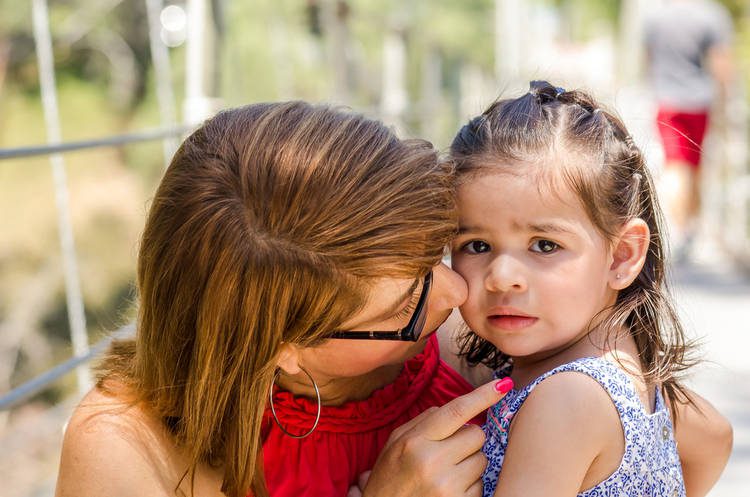Experiencing trauma early in life can significantly impair children’s development, mental health, and learning, placing them at risk for poor mental and physical health problems throughout life. Young children experience trauma more often, and are more vulnerable to its harmful effects, than older children.
More than 20% of babies will have at least one traumatic experience, and that number increases for children in poverty and children from marginalized communities.
That’s why it’s critical that early childhood professionals understand what it means to provide trauma-informed care. When children have the support of caring adults after traumatic events, a growing body of research shows they are more likely to recover without lasting damage.
Early childhood education (ECE) programs regularly work with traumatized children and their families, often without adequate training in trauma-informed care (TIC). Implementing TIC in ECE can increase the chances that young traumatized children recover, thrive, and enter kindergarten ready to learn.
A program, organization, or system that is trauma-informed realizes the widespread impact of trauma and understands potential paths for recovery; recognizes the signs and symptoms of trauma in clients, families, staff, and others involved with the system; and responds by fully integrating knowledge about trauma into policies, procedures, and practices, and seeks to actively resist re-traumatization.
Fill out the form to access our research article about specific approaches to trauma-informed care in early childhood education and related implications for the field.



